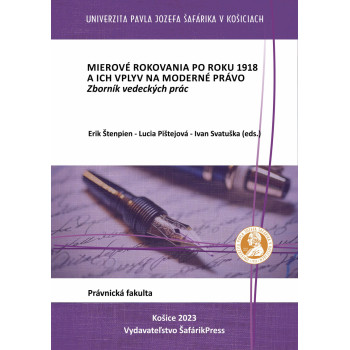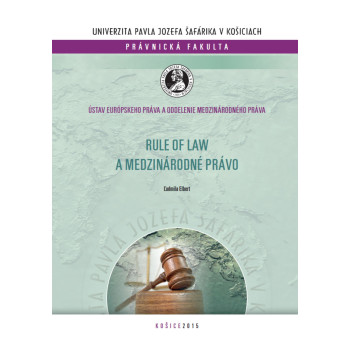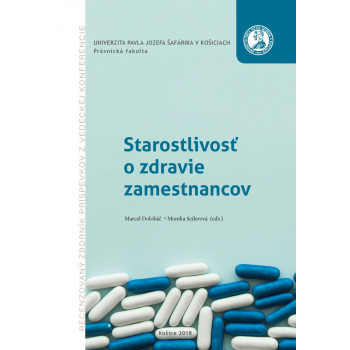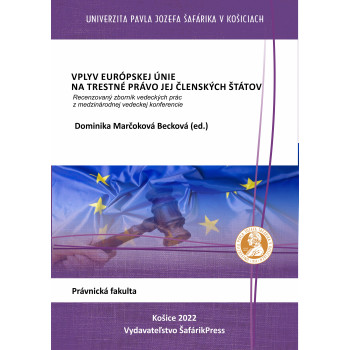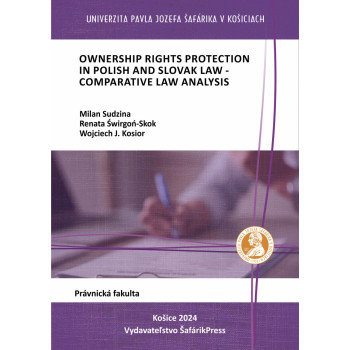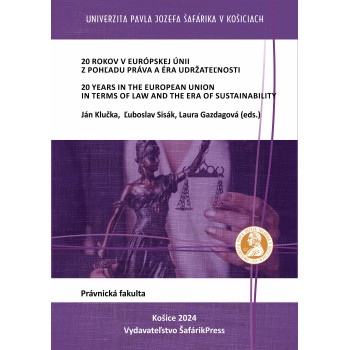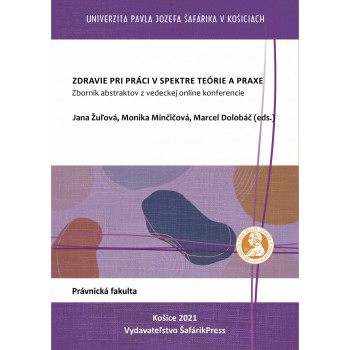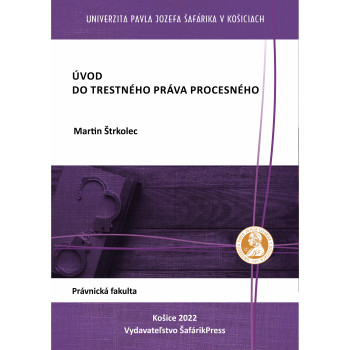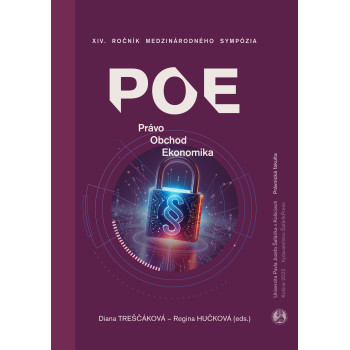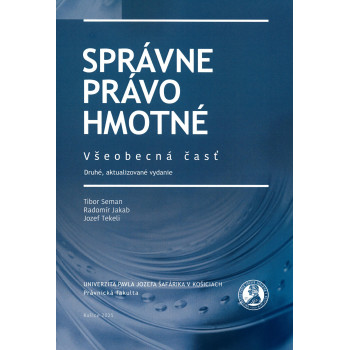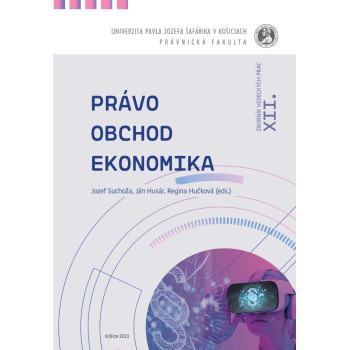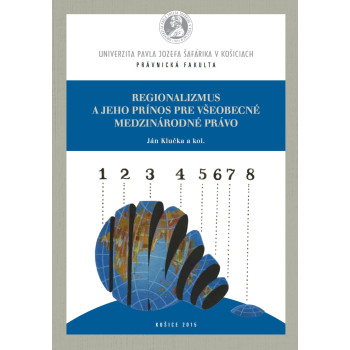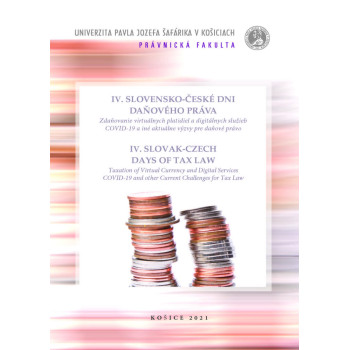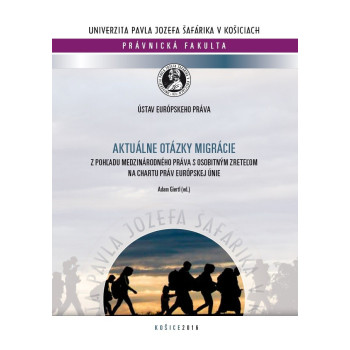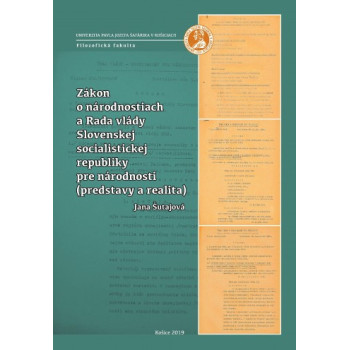
Mierové rokovania po roku 1918 a ich vplyv na...
E-book
Erik Štenpien - Lucia Pištejová - Ivan Svatuška (eds.)
Proceedings of the international scientific conference held on April 13-14, 2023, organized by the Department of History of State and Law, Faculty of Law, University of Pavel Jozef Šafárik in Košice.
The presented collection provides a summary of scientific works from the last international conference dealing with the issue of the Trianon Peace Treaty and the negotiations during the peace conference after 1918. The collection contains scientific contributions from members of the research team of the APVV 19-0419 project, as well as other experts from the field of legal history. Through their contributions, they offer an insight into the complex processes of the formation of Europe after the First World War. They approximate the essential and relatively complicated processes of negotiations on important issues of the post-war arrangement and the further direction of individual countries. Contributions of foreign legal historians, which bring an alternative view of the examined issue, are a stimulating contribution to the collection.
The anthology includes scientific studies related to the investigated issue, often with an overlap with the present. The collection also includes scientific contributions with positive legal topics. The collection in the presented form is thus primarily intended for readers from the professional public.
Last but not least, it can interest the lay public interested in the issue of the post-war arrangement and Slovak-Hungarian relations.



